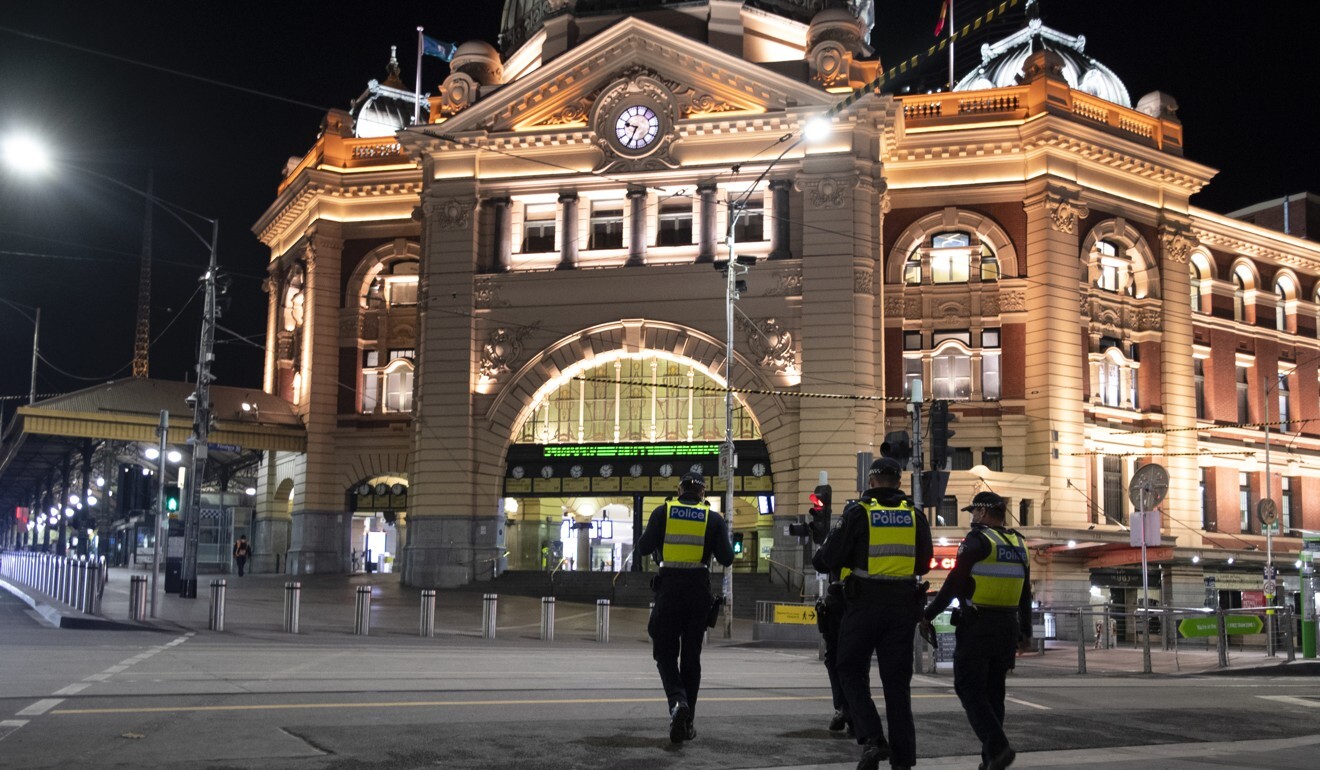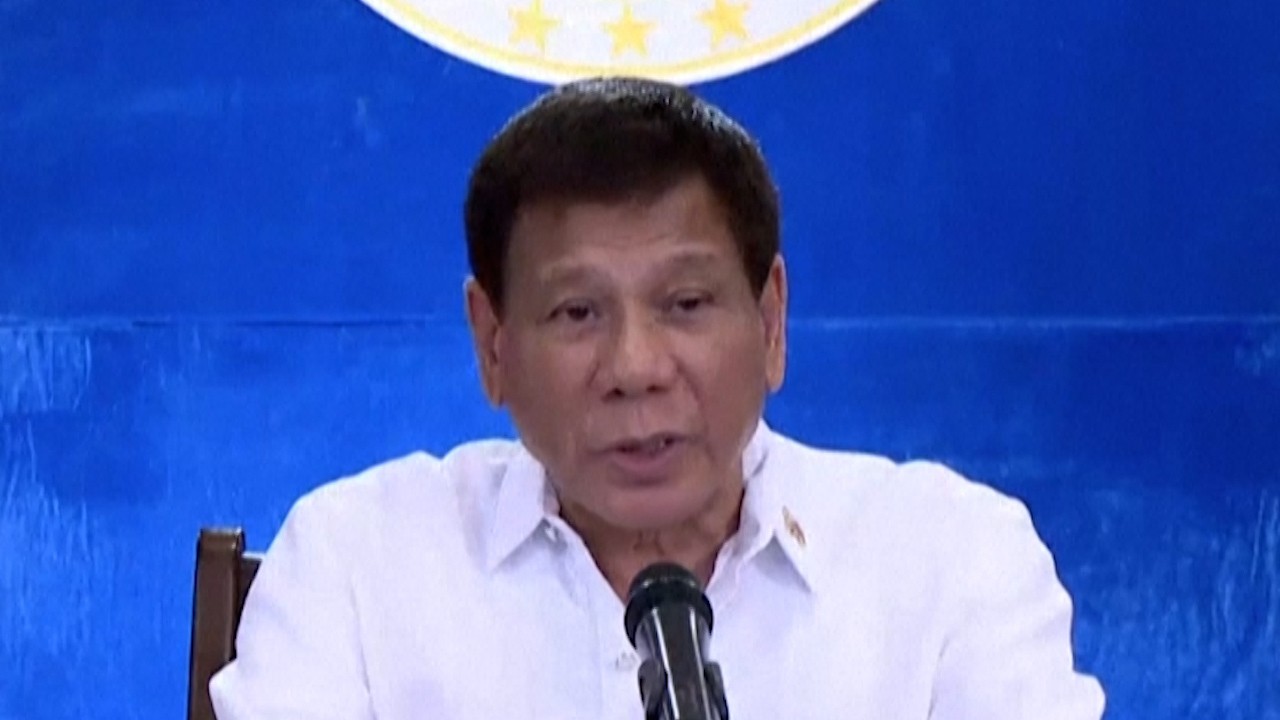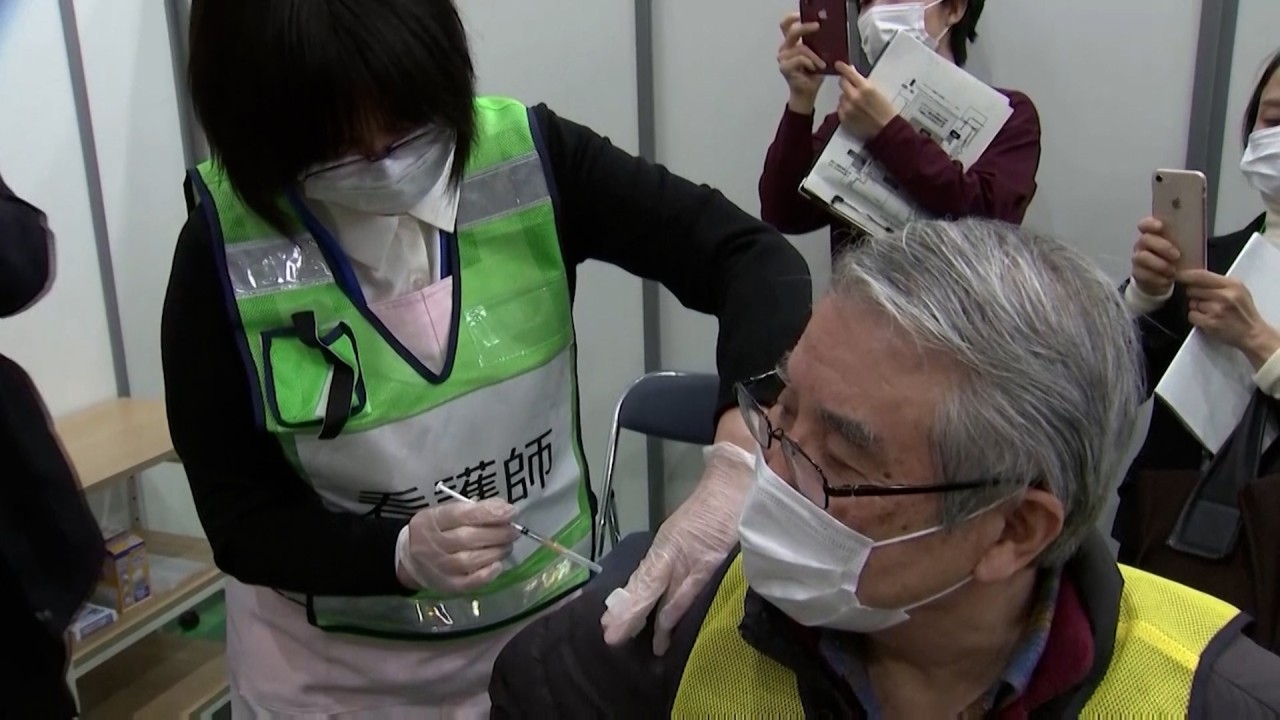
Coronavirus: Australia’s Melbourne enters snap lockdown; Philippine cinemas, theme parks to resume soon
- The Melbourne lockdown was announced after a new Covid-19 cluster linked to a highly contagious UK variant hit 13 cases as of Thursday midnight
- Meanwhile, New Zealand is likely to begin vaccinations next week, while the Philippines will soon allow cinemas, theme parks and conferences to resume business
A fresh Covid-19 cluster linked to a quarantine hotel in Melbourne, the capital of Victoria state, reached 13 cases as of Thursday midnight, as authorities rushed to quash the spread of the virus. All of those infections were linked to the highly contagious UK variant.
Victoria Premier Daniel Andrews announced the lockdown for the state, starting at midnight on Friday, calling it a “short, sharp circuit breaker” banning public gatherings, home auctions, weddings and religious gatherings.
“We must assume that there are further cases in the community than we have positive results for, and that it is moving at a velocity that has not been seen anywhere in our country over the course of these last 12 months,” Andrews told reporters.

Andrews said the spread of the UK variant of the virus was much faster than previous outbreaks in the country.
Asked about the Australian Open, which runs through February 21, the premier said the Grand Slam event was considered a workplace, subject to lockdown restrictions.
“There are no fans. There are no crowds. These people are essentially at their workplace,” he said. “The minimum number of staff for it to be run safely – not just for the virus but other reasons – will be there.”
The event had already been limited to 50 per cent of usual capacity.
Event organisers confirmed the tournament would proceed without crowds over the next five days with no fans allowed at the match sites.
Spectators would, however, be able to attend games scheduled for Thursday while those who had bought tickets to restricted events would get a refund, the organisers said in a statement. “Australian Open sessions today and tonight will continue as planned with Covid safe protocols in place,” it said.

New Zealand likely to begin vaccinations next week
New Zealand Prime Minister Jacinda Ardern said on Thursday the country’s Covid-19 inoculation programme will likely begin on February 20, brought forward by the earlier receipt of the Pfizer-BioNTech vaccine than originally anticipated.
Pressure has been mounting on Ardern to start vaccinations for the country’s 5 million people to take advantage of its rare position of having virtually eliminated the virus domestically.
“Last year we indicated the vaccine would arrive in quarter two, and earlier this year we updated that to quarter one,” Ardern said. “It’s pleasing to be receiving doses this early in quarter one.”
Both New Zealand and neighbouring Australia have formally approved the vaccine jointly developed by US drug maker Pfizer Inc and Germany’s BioNTech. Australia has said it expects to begin inoculations by the end of this month, without giving a specific date.
However, Ardern said the vaccination programmes would have no immediate impact on a stalled trans-Tasman travel “bubble”. Australia and New Zealand had hoped to allow bilateral travel by the end of March, but fresh coronavirus outbreaks in Australia have stalled those plans.
Ardern said New Zealand’s approximate 12,000 border workers would be the first to be vaccinated, followed by their household contacts. Health care workers and high-risk people including the elderly would be next, before vaccinations for the wider population start in the second half of the year.
“We have pre-purchased enough vaccines to cover all New Zealanders and to do so for free, and the Pacific as well,” she said.
New Zealand’s medicines regulator is also in talks with AstraZeneca, Novavax and Janssen Biotech regarding approval for their Covid-19 vaccines.

01:01
Philippines’ Duterte tells children to stay home and watch TV as new coronavirus strain hits
Philippines to soon allow cinemas, theme parks to reopen
It will also expand the seating capacity of religious gatherings to a maximum of 50 per cent from the current 30 per cent starting February 15, presidential spokesman Harry Roque said in a statement on Friday.
President Rodrigo Duterte is worried about the economy and aims for an immediate recovery, Roque said earlier this week.
The country’s task force overseeing measures to curb the coronavirus pandemic also approved the reopening of driving schools, interactive-game arcades, libraries, museums, and cultural centres.
Their resumption, along with cinemas, parks and conferences are subject to guidelines by agencies and local governments where they operate, according to Roque. He did not specify a date for the reopening of these sectors.
While the Philippines has the second-worst outbreak in Southeast Asia, the reported daily infections have been below 2,300 in the past three months. The country added 1,734 cases on February 11 to 543,282, with total fatalities at 11,469.

01:57
Coronavirus: Japan conducts vaccine inoculation drills, but real roll-out slowed by lack of resource
First coronavirus vaccine doses arrive in Japan
Japan’s government on Friday decided against lifting the coronavirus state of emergency covering Tokyo and other regions this week ahead of the March 7 end date, as hospitals continue to be under pressure despite a decline in infections.
A total of 1,693 cases were reported nationwide on Thursday, down from the single-day peak of 7,882 in early January. However, the number of deaths attributed to Covid-19 hit a record-high of 121 on Wednesday as hospitals struggled to secure enough beds to treat patients with severe symptoms.
With an acceleration of administrative procedures, the government is considering starting vaccinations on Wednesday for around 20,000 doctors and nurses who have consented to receive the shots, the sources said. The first batch contained a total of some 400,000 doses.
It had been widely reported that the first doses would arrive from Belgium, where they were manufactured, on Sunday, while the Health, Labour and Welfare Ministry had initially planned to move ahead with formal approval on Monday.
Ahead of the formal approval, a health ministry panel on Friday night gave the green light for Pfizer’s vaccine.
The roughly 20,000 doctors and nurses from 100 hospitals across the country are set to participate in a study aimed at tracking potential side effects and the frequency with which they occur.
Singapore to vaccinate elders from February 22
Singapore will start vaccinating the city state’s seniors starting February 22, Straits Times reported, citing Prime Minister Lee Hsien Loong.
The move comes after Singapore carried out a month-long pilot programme where seniors age 70 and above at two areas received their jabs from January 27, the report said.
The multi-ministry task force will soon announce more details and the schedule of these vaccinations, it said. Lee reiterated that Singapore’s goal is to get the country vaccinated by the third quarter or at the latest by the end of this year.
Pakistan approves CanSinoBio jab for emergency use
Pakistan has approved China’s CanSinoBio Covid-19 vaccine for emergency use, Health Minister Faisal Sultan said on Friday.
“Yes, Correct,” Sultan texted Reuters after being asked to confirm that the country’s Drug Regulation Authority had met and approved the vaccine.
CanSinoBio last week released interim efficacy results of a multi-country trial, which included Pakistan, showing 65.7 per cent efficacy in preventing symptomatic coronavirus cases and a 90.98 per cent success rate in stopping severe infections.
Reporting by Reuters, Bloomberg, Kyodo
